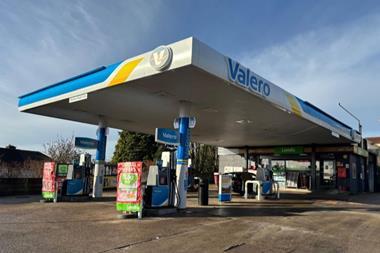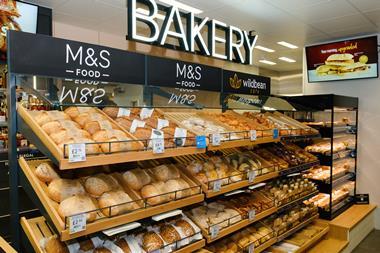The majority of dealers are positive about trading conditions, with 26% ‘extremely positive’ and 46% ‘positive’, according to a new report - the first research conducted into the opinions of the Top 50 independent retailing community.
The findings were delivered by Sarah Coleman, from research consultancy Him, at the Forecourt Trader Summit 2020. She shared highlights from the new Forecourt Market 2020 report, which includes an exclusive dealer survey and also revealed key challenges and opportunities for the sector.
While 21% of respondents to the survey said trading conditions were ‘challenging’, just 4% described them as ‘extremely challenging’.
Around 50 of the UK’s top independent retailers were interviewed for the survey with nearly 60% of those saying they thought trading conditions would stay the same during this year, while 22% thought they might improve and just 15% said they’d get worse.
Him deals with business leaders across the wider retail industry, as well as the hospitality trade and Coleman said the forecourt sector was much more positive about trading than them.
Dealers reported positive changes especially with regards to food-to-go sales and increased demand for foodservice, as well as increased shop footfall.
Dealers were asked to rank the most important attributes of their business and 98% said the convenience store was vital; 87% said the fuel brand was; while 82% said good parking was.
But Coleman said that when she looked at Him’s consumer data, 56% of forecourt customers said the brand of fuel offered had no influence at all on their decision to shop at a site. Shoppers rated forecourts highly for cleanliness of pumps and queue-time at pumps, but less highly for provision of parking spaces.
As for the future, the number one concern for dealers is around the uncertainty about the future of alternative fuels. This is closely followed by the new National Living Wage and challenges around labour costs.
Said Coleman: “In the dealer survey we asked the slightly provocative question around whether dealers agreed with the statement: ‘In the future forecourts will be just cafes with charging points’. Only a small proportion agreed with this statement, a quarter sat on the fence, and then a larger proportion disagreed. I think the point is that this is perhaps further in the future than dealers can currently imagine.”
She pointed to some of the responses from dealers including ‘It won’t change in my lifetime’ and ‘Change is afoot but there’s a long way to go before the demise of the forecourt as we know it today’.
Coleman wrapped up her presentation by saying that forecourts need to be ‘retail destinations’ whether for a strong coffee offer, a fantastic c-store, foodservice and food to go, vaping concessions or even an ice cream bar. She concluded by saying that food to go should be the number one priority for forecourts. “It’s the number one mission and it can give you a competitive edge over other forecourts and c-stores in your area.”

































No comments yet